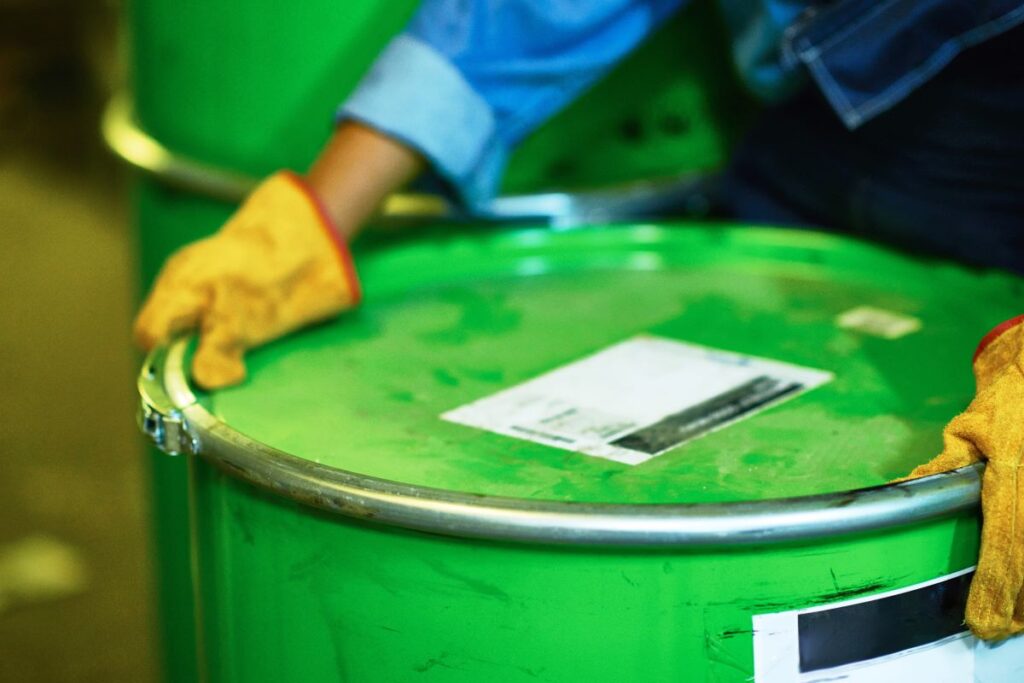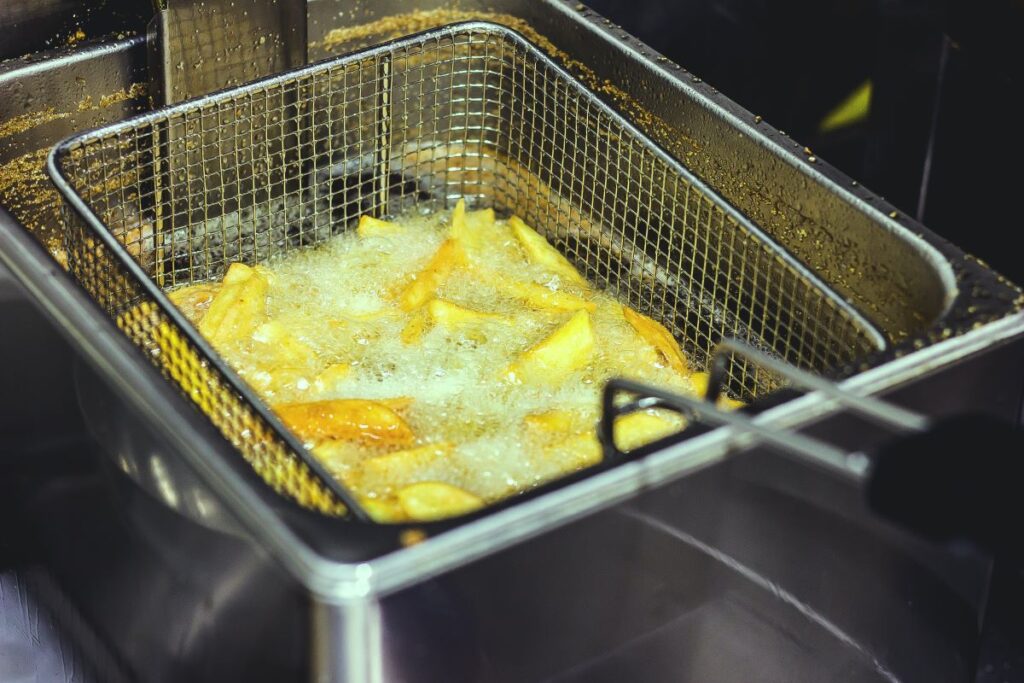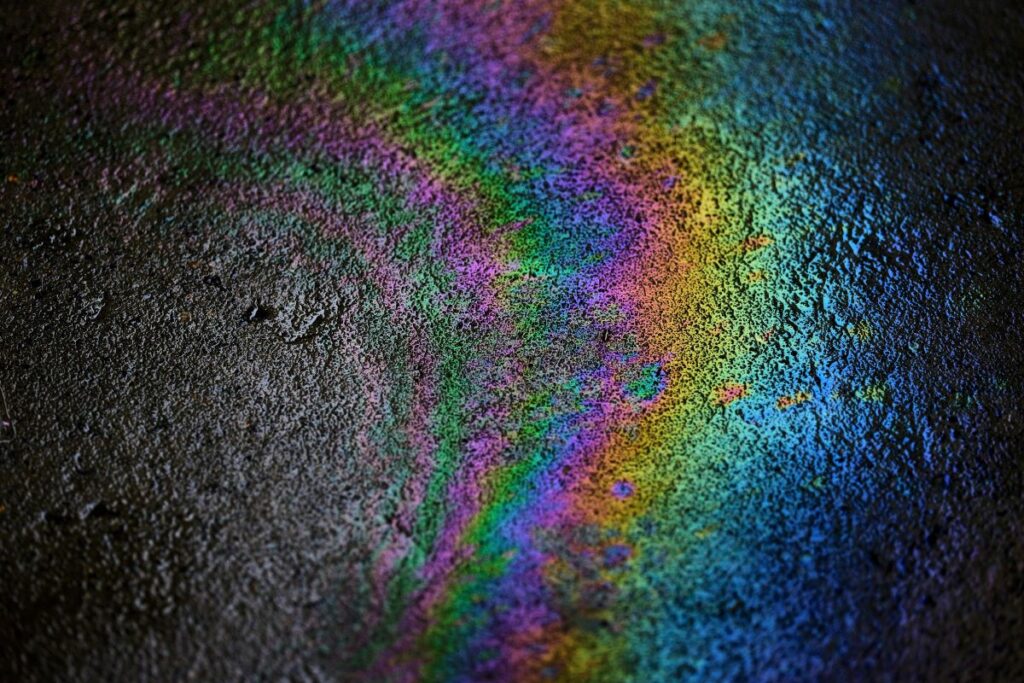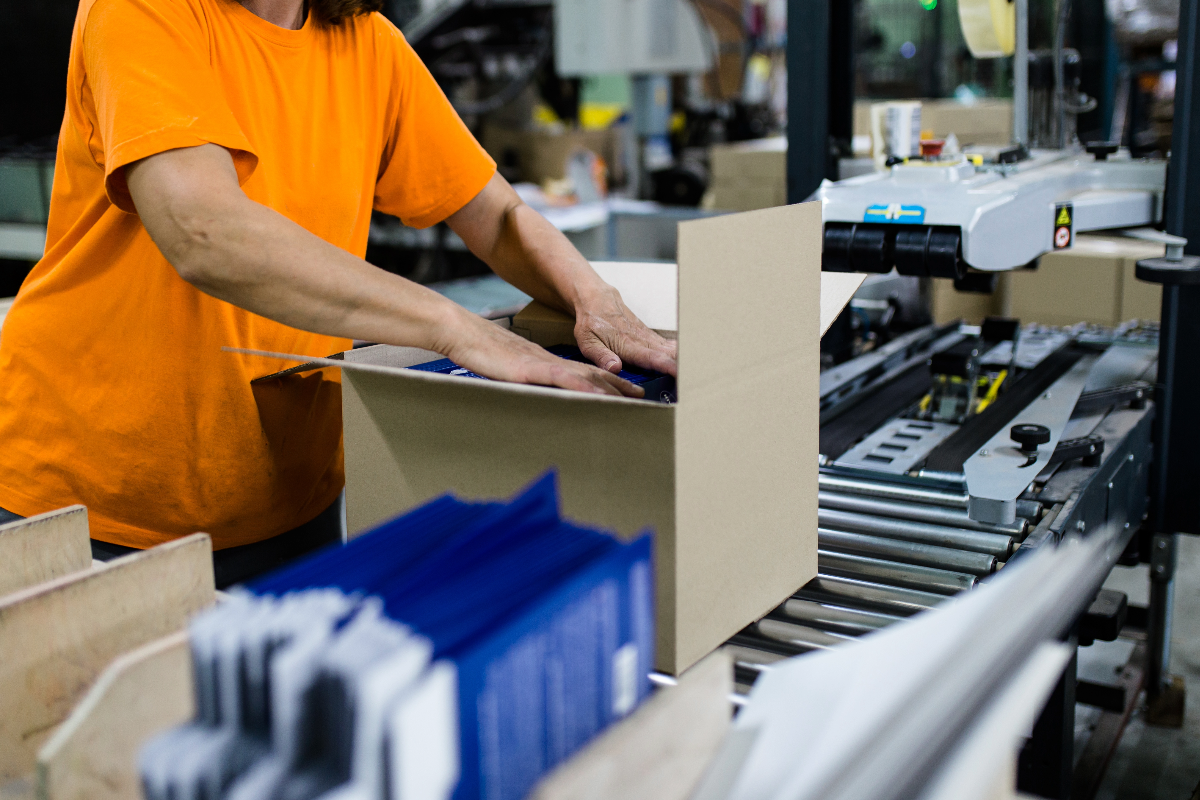BLOG
How to recycle your oil waste

Oil waste is one of the biggest pollutants in the world. Therefore, the safe storage and disposal of it is imperative. It also means that there are heavy regulations surrounding oil waste removal. But what is oil waste and how can you ensure you meet regulations when storing and disposing of it?
What is oil waste?
Oil is a liquid that is often petroleum-based or synthetic-based and comes in many different forms including fuel oil, cooking oil, oily water, and mineral oils. It has multiple uses and is utilised by a wide range of different businesses from mechanics to cosmetic companies. Oil becomes oil waste when it has been contaminated with impurities and can no longer be used, which may happen once it has been used or if it is accidentally spilled. Often contamination comes from water, dirt, chemicals, and metal shavings.
Why does oil waste need to be treated differently?
Once the oil has been contaminated it is classed as hazardous waste due to its dangerous properties. Hazardous waste can be very damaging to the environment as it can pollute waters, cause acid rain, and ignite fires. The impact of oil waste can have an effect from a few days up to hundreds of years and may cause problems for future generations. It can also have a negative effect on human health as it has been found to irritate the skin, cause breathing difficulties, and even cancer.


What are the benefits of recycling oil waste?
Other than the obvious benefits that recycling oil waste will have a positive impact on the environment and human health, it can also improve a business’s brand image. Sustainability and recycling are largely sought after by consumers and may drive business if a company is seen to be attempting to move towards environmentally friendly practices.
How is oil waste recycled?
Through a range of processes, oil waste can be recycled, and impurities removed so that it can be repurposed. Whilst there are several different processes for recycling different types of oil, the most widely used methods include reconditioning it on-site and re-refining it. If a company has the equipment available, they can re-condition the oil onsite, which requires a filtering system to remove impurities in order to be able to reuse the oil. However, this form of recycling is often only used by large factories that use large amounts of oil.
An alternative process is to re-refine the oil. This requires the oil waste to be dewatered, distilled, and hydro-treated to remove impurities and return it to its original form. This method of recycling is preferred as it allows the oils to be re-used indefinitely and is often carried out off-site by a specialist company.
Once the oil has been recycled and is back in its original form it is ready to be reused. It can be used for a range of products and services such as in motor equipment, making plastics, or used in boilers.
What are the regulations to store and dispose of oil waste?
Businesses are legally required to ensure that waste is disposed of correctly and there are heavy regulations surrounding the storage and disposal of oil waste. It cannot be discarded down public or private drains or poured onto land and must be taken or collected for recycling by a licensed business. In order to become a licensed waste carrier a company must register with the Environmental Agency.
As a business, you can register as a waste carrier, but the best option for most businesses is to employ an approved waste management company that has the experience and licenses required to store and dispose of oil waste in a safe and environmentally friendly way. As experts in this area, we can work with you to ensure that the storage and disposal of your oil waste meet all regulations.
Contact us
Contact us today to speak to our experts and find out more about our oil waste recycling and disposal services.




